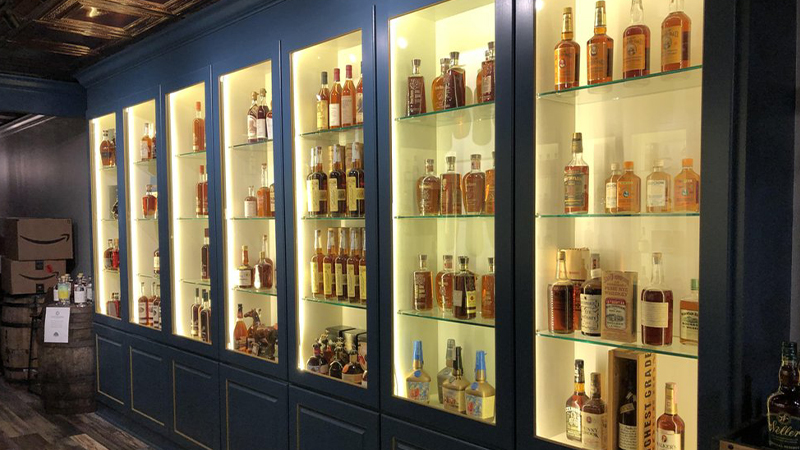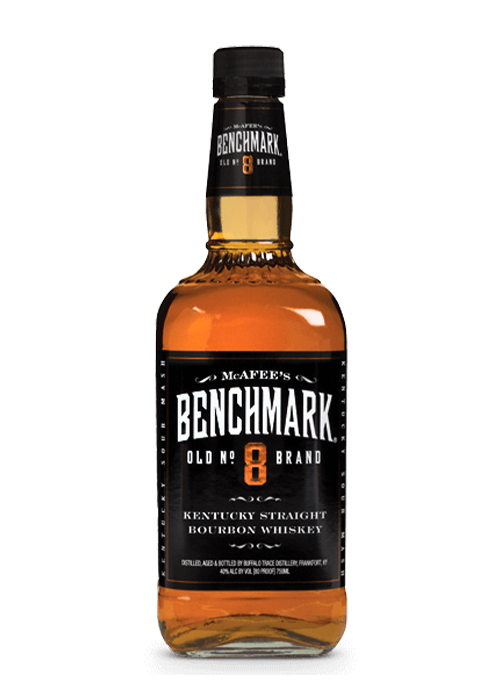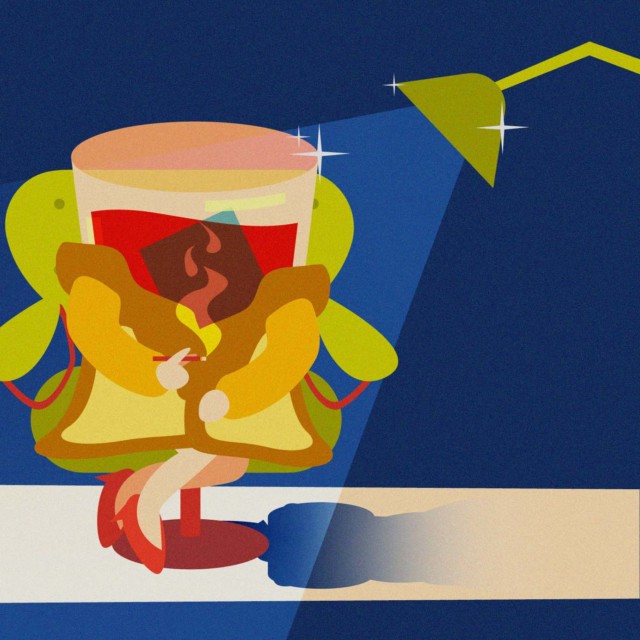The patchwork of U.S. liquor laws varies from state to state, but one regulation remains consistent across the board: It is illegal to sell spirits without a license. There’s a tiny handful of exceptions, most notably a special law in Kentucky, which is changing the face of retail within the state.
Colloquially known as the Vintage Spirits Law, the regulation, which came into force in 2018, allows licensed retailers and bar owners to purchase from individuals unopened spirits that are not otherwise available from a wholesaler within the state, and that aren’t owned by a distillery. That means this year’s Buffalo Trace Antique Collection is off the table — but anything from 2020 or earlier is fair game.
The law has enabled a whole new form of retail to take shape across the Commonwealth, with shops devoted specifically to vintage and antique spirits, almost all whiskey. Retailers like Justins’ House of Bourbon, which has locations in Lexington and Louisville, have built their businesses around providing customers with the rare bottles of their dreams.
Obtaining and selling vintage spirits requires a set of skills and connections beyond what a typical retailer possesses. At Justins’, authenticating bottles makes up a big part of general manager Brian Booth’s job. Although most of the bottles he examines are real, he says there are plenty of counterfeits circulating, often without their owners’ knowledge. “You’ve got to treat every bottle as if it’s counterfeit coming in,” Booth says, explaining that he’ll turn down something from even a trusted seller if there’s any ambiguity about its authenticity. “This is our reputation [at stake].”
When it comes to setting prices, Booth pays attention to what a bottle is going for on the secondary market — both at auction and through extra-legal means. Then he sets a “market price” for the whiskey, to which he adds a standard markup.

A New Business Model
Justins’ has a network of contacts for both ends of the transaction: buying the vintage bottles and reselling them. That helps when the store runs low on popular items, like Pappy Van Winkle, as well as when something more special or rare pops up that Booth knows a particular client might like. Justins’ has become a go-to for many people uncomfortable with the risks of the illegal secondary market. “We give that legal option for people to sell things to us, for them to get money, for us to get what we want, and our clients to get what they want,” Booth says. “We’ve got several clients that come to us just for the ease of knowing that our name stands behind that product.”
Given the high price tag of most of its offerings, Justins’ operates more like a boutique than a traditional liquor store. Booth says the personal touch — matching a customer to the right bottle for their palate — pays off when they return again and again. “I don’t have 30 to 40 people walking through that door an hour,” he says. “My sustainability to this business is repeat business.”
Justins’ has an in-store tasting bar that it uses to “map the palate” of its customers and connect them with bottles. Though vintage spirits are the centerpiece of the business, Justins’ also offers a tight selection of contemporary whiskeys, including barrel picks, that are more accessible for a range of budgets. Prominently displayed behind glass on shelves lining the back half of the store, the vintage spirits often act as a conversation starter and help Justins’ staff steer customers toward a new-to-them whiskey. A customer might notice an array of Wellers with a small sign that reads, “These bottles are priced higher than MSRP because we pay higher than retail prices to acquire them.” Such offerings may be out of their price range, but Booth can suggest other whiskeys made by Buffalo Trace instead. “I tell people whatever you want to spend, I can put a bourbon that you will like in your hands,” Booth says.

Integrating Into Established Retail
Though Justins’ and a small cadre of similar stores have found success building a business around the vintage spirits law, more established retailers have approached it differently. Some, like Bellevue’s The Party Source, one of the biggest and most successful stores in northern Kentucky, have declined to pursue vintage spirits at all. “It seems to be a distraction for us and customers are quick to assume that as a retailer, we’re price gouging when they see high prices for bourbons,” says president and CEO Jon Stiles, noting that the on-premise and vintage-focused retailers are more easily able to reap the full advantages of the law.
At Louisville’s Westport Whiskey & Wine, manager and spirits and specialties buyer Emily Meadows buys a few vintage bottles a year, but says that it’s not a priority, especially as secondary market prices have exploded in the last year or two. “Customers have it in their head based on secondary pricing what their bottle is worth,” Meadows says, explaining that it’s usually not worthwhile to buy at that price. If Westport does pick up a bottle, it goes on the tasting bar, available by the pour, rather than onto a retail shelf at a ridiculous price.
By largely opting out of buying and reselling vintage bottles, Meadows says, Westport stays focused on serving its core client base. “[If] I’m going to put a bottle of [something] on my shelf for stupid money, one of my good customers is going to get upset about the price on it,” she says. “Then I have to take 20 minutes to go explain to him, or he might not even come talk to me. Here we build relationships with our customers, but I can totally see stores … who really don’t care about relationships with anybody, they just care about money — those are the people who are going to take advantage [of the law].”
The one way Westport does use the law, however, is to do what co-owner Chris Zaborowski calls “polite bootlegging.” Since any spirit that’s not available in the local market is eligible for buying and reselling, Westport sometimes picks up whiskeys that are offered only outside of the state, such as Heaven Hill Bottled-in-Bond, and several new expressions of Benchmark bourbon that were initially widely released in Indiana. Retailers are still required to buy from an individual — so they can’t just drive to another state to buy caseloads, for example — but Zaborowski and Meadows have relationships with existing customers who are willing to mule for them.
Although the vintage spirits law has only been in force for a few years, the demarcation between stores applying it is already clear. But complications may be on the horizon: Since the beginning of the pandemic, Booth says, demand for vintage spirits has shot up dramatically, which he attributes to the extra disposable cash people accumulated when restaurants, bars, and travel were off the table. What that means for the vintage spirits market overall: higher prices and fewer bottles. At the moment, however, that’s not stopping avid consumers, and with the success stores like Justins’ have found, it appears nothing will.
This story is a part of VP Pro, our free platform and newsletter for drinks industry professionals, covering wine, beer, liquor, and beyond. Sign up for VP Pro now!
